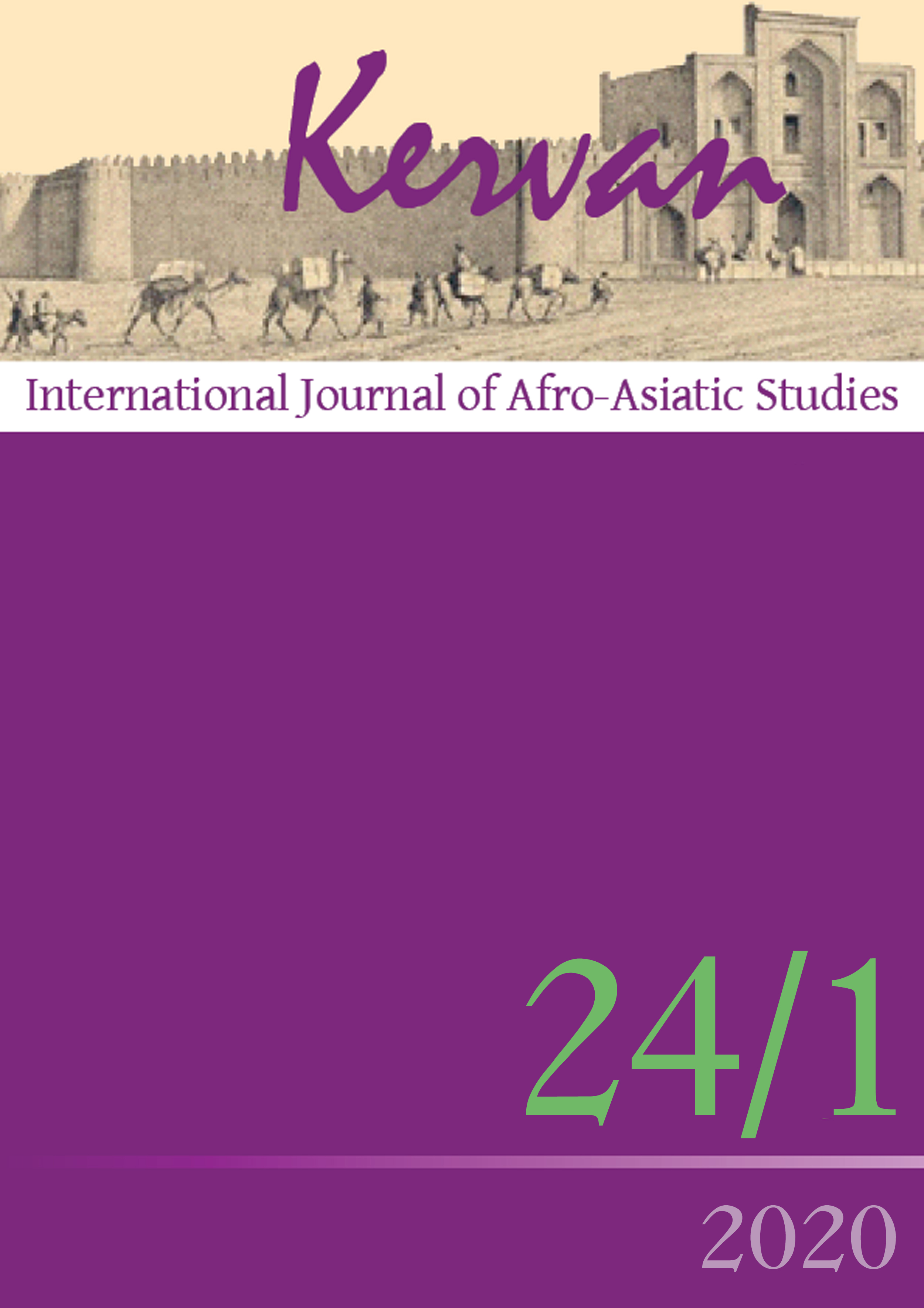Playing with Words and Rhythms in Khālī jagah: Translating a Hindi Novel and its Texture into French
DOI:
https://doi.org/10.13135/1825-263X/4105Abstract
The novel Khālī jagah (2006) by the Hindi writer Geetanjali Shree mainly focuses on the topics of violence, loss, and quest for identity in the contemporary world. In this text – and in others too, but maybe here more than elsewhere – the author makes use of a very hybrid and idiomatic Hindi. Moreover, she repeatedly plays with iterations and alliterations, assonances and consonances, onomatopoeias and neologisms, and creates a particular syntax that might be described as dismembered, dislocated, and breathless. To these elements must also be added the inclusion of excerpts from folk songs as well as the essential role played by silences and unsaid things. If all these features are to be taken into account when translating such a narrative – as its content is tightly coupled to its form – it makes for a highly complex and challenging task.
After providing a very brief summary of Khālī jagah, I will first highlight a few rhythmic and translation related issues, before analysing in detail some excerpts from the novel, in order to explain the choices I have made for its French translation (Une place vide, Infolio, 2018) and compare some of the results with an English translation primarily focused on the content (The Empty Space, Harper Perennial, 2011).
Downloads
Downloads
Issue
Section
License
Gli autori che pubblicano su Kervan accettano le seguenti condizioni:
- Gli autori mantengono i diritti sulla loro opera e cedono alla rivista il diritto di prima pubblicazione dell'opera, contemporaneamente licenziata sotto una Licenza Creative Commons - Attribuzione che permette ad altri di condividere l'opera indicando la paternità intellettuale e la prima pubblicazione su questa rivista.
- Gli autori possono aderire ad altri accordi di licenza non esclusiva per la distribuzione della versione dell'opera pubblicata (es. depositarla in un archivio istituzionale o pubblicarla in una monografia), a patto di indicare che la prima pubblicazione è avvenuta su questa rivista.


 The articles that have appeared on Kervan since 2016 are rated as Class A in the system of National Scientific Qualification (ASN, disciplines 10/N1 and 10/N3).
The articles that have appeared on Kervan since 2016 are rated as Class A in the system of National Scientific Qualification (ASN, disciplines 10/N1 and 10/N3). The journal has been approved for inclusion in DOAJ. The DOAJ listing of the journal is available at
The journal has been approved for inclusion in DOAJ. The DOAJ listing of the journal is available at  The journal has been approved for inclusion in ERIH PLUS. The ERIH PLUS listing of the journal is available at
The journal has been approved for inclusion in ERIH PLUS. The ERIH PLUS listing of the journal is available at  Kervan was just accepted for indexing in SCOPUS. This important milestone ensures that articles published in Kervan are easily found when searching for library, archives and Information science and it enables Kervan authors to keep track of how often their article has been cited by others.
Kervan was just accepted for indexing in SCOPUS. This important milestone ensures that articles published in Kervan are easily found when searching for library, archives and Information science and it enables Kervan authors to keep track of how often their article has been cited by others.

